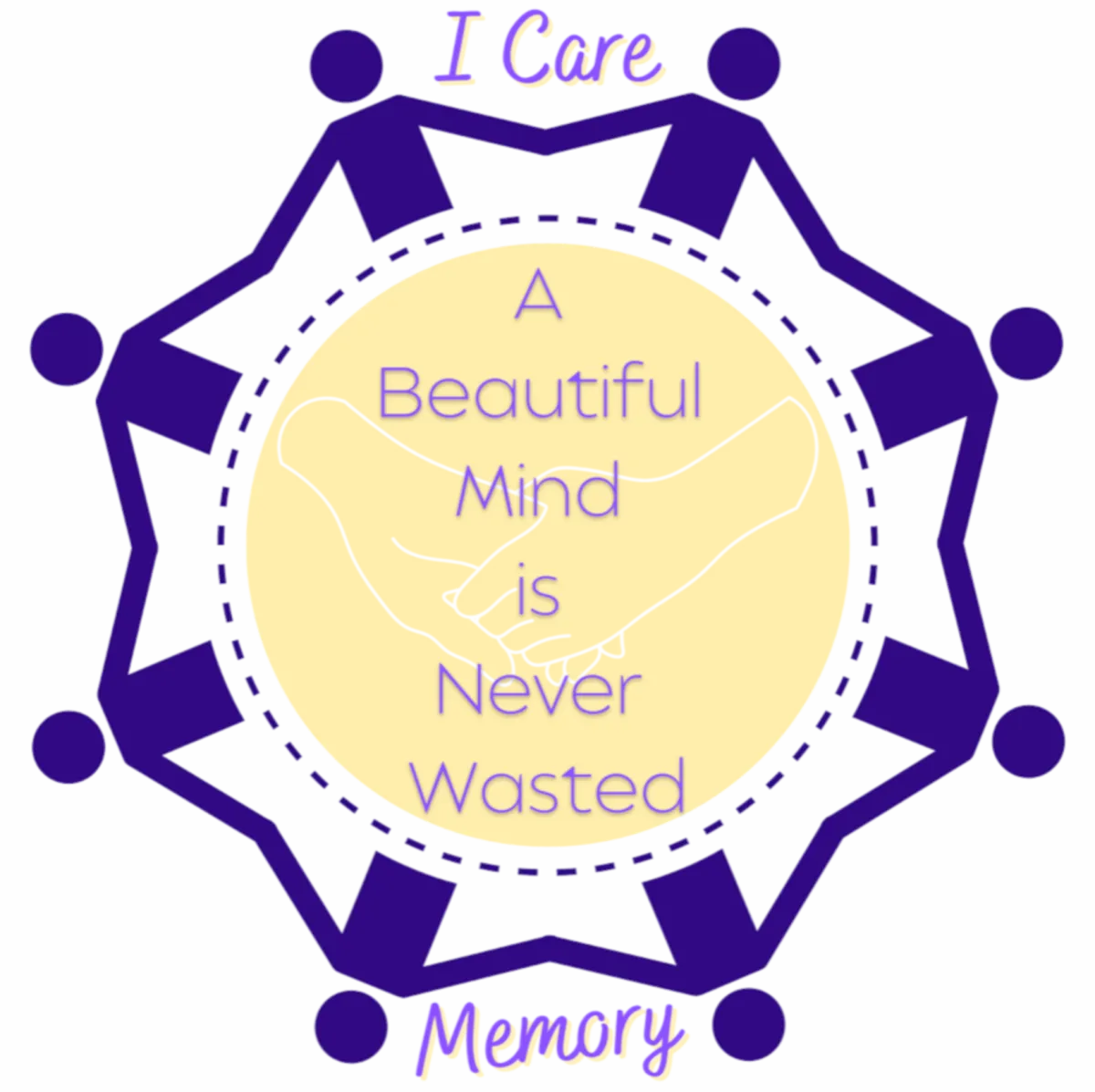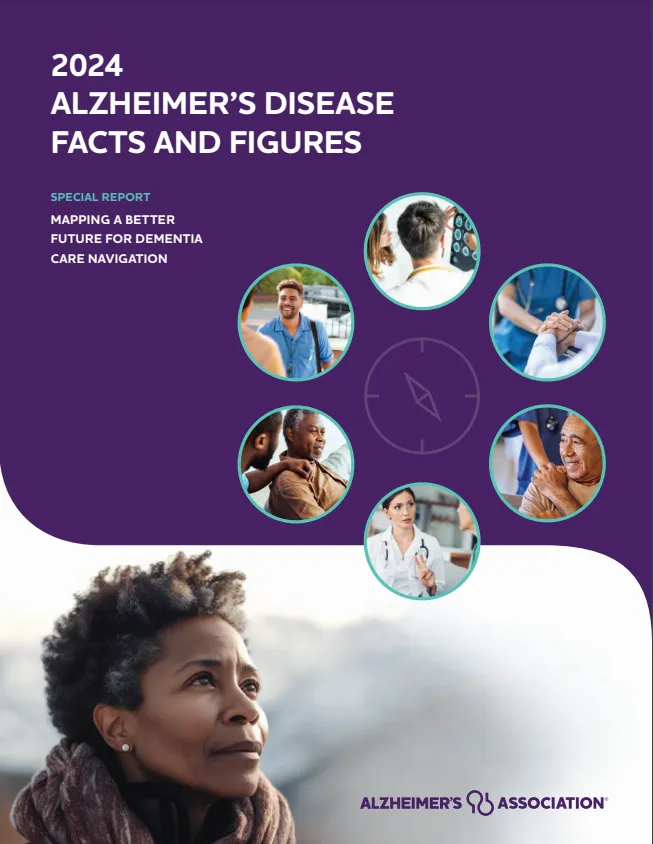Unveiling the Complexity of Neurodegenerative Diseases
Neurodegenerative diseases encompass a diverse group of conditions that progressively damage and impair the intricate workings of the brain and nervous system. These diseases can manifest in many ways, affecting cognitive abilities, motor skills, coordination, and overall well-being. To better understand the challenges posed by these conditions, let's explore the five primary types of neurodegenerative diseases:
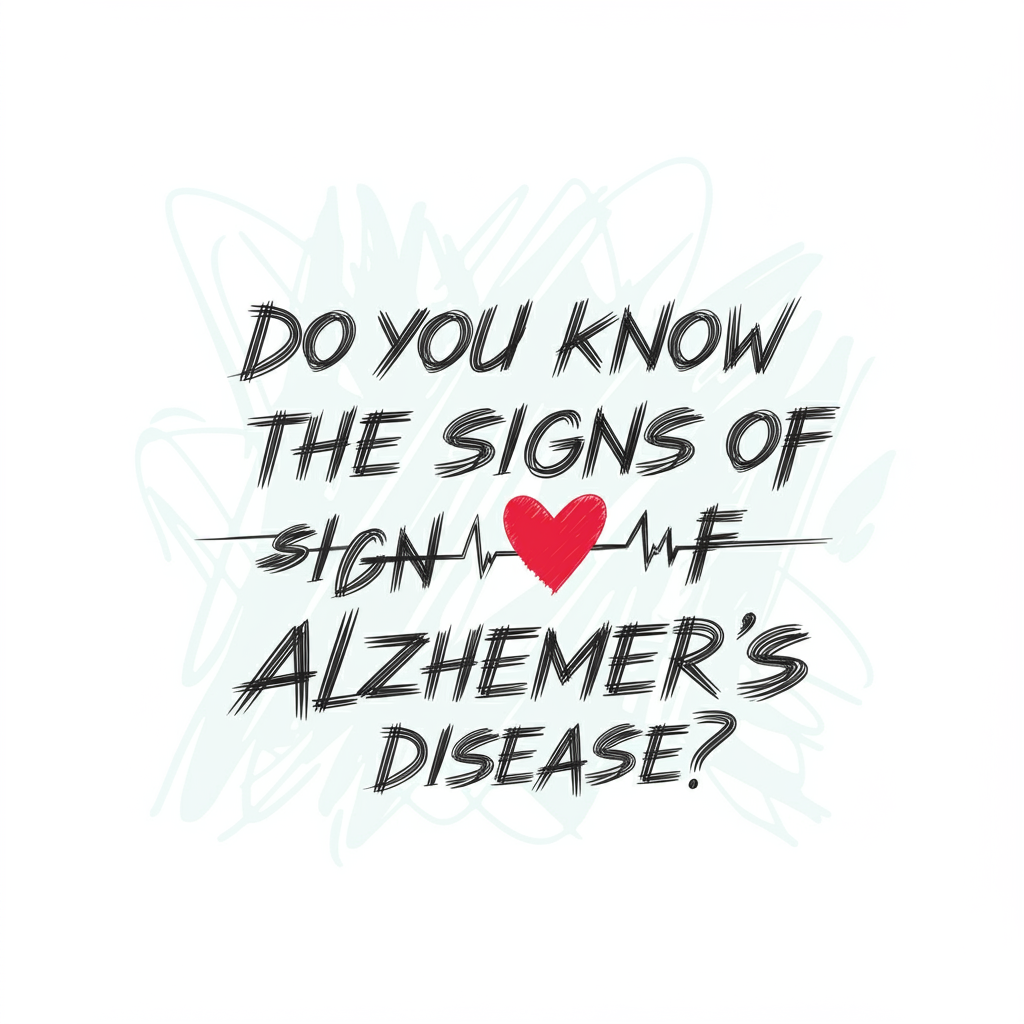
Understanding the distinctions between these types of neurodegenerative diseases is crucial for developing targeted treatments and interventions. Research continues to shed light on the complex mechanisms underlying these conditions, offering hope for improved diagnostics, therapies, and ultimately, a brighter future for those affected. Sources and related content
Dementia-Based Diseases:
Primary Target: Neurons, the fundamental building blocks of the brain.
Impact: Widespread cognitive impairment, affecting memory, thinking, and reasoning skills. Alzheimer's disease is a prominent example, primarily affecting memory centers but potentially impacting other cognitive functions as well.
Demyelinating Diseases:
Primary Target: Myelin sheath, the protective covering that insulates nerve fibers and facilitates efficient signal transmission.
Impact: Disrupted communication between neurons and muscle receptors, leading to impaired motor skills, coordination problems, and cognitive symptoms like brain fog and fatigue. The focus is on communication breakdown rather than direct neuronal damage.
Parkinson's-Type Diseases:
Primary Target: Specific brain neurons, similar to dementia-based diseases.
Impact: A combination of neuronal damage and impaired motor skills, coordination, and balance. This category includes conditions like Parkinson's disease, amyotrophic lateral sclerosis (ALS), and progressive supranuclear palsy (PSP).
Prion Diseases:
Primary Target: Cellular structures of the brain and nervous system due to the accumulation of misfolded proteins.
Impact: Rapidly progressive damage, leading to severe neurological impairment and a significantly shortened lifespan. Many individuals with prion diseases do not survive beyond one year from onset.
Neurodegenerative Diseases: Survey of Treatment Options
INTRODUCTION
Neurodegenerative diseases are a heterogeneous group of disorders characterized by the progressive loss of neuronal structure or function. This article aims to provide an overview of the available treatment options for various neurodegenerative diseases.
TREATMENT APPROACHES:
1. Pharmacological Interventions
Symptomatic Relief: Many medications focus on alleviating symptoms and improving the quality of life.
-- Alzheimer's disease: Cholinesterase inhibitors (donepezil, rivastigmine, galantamine) and NMDA receptor antagonists (memantine) can help with cognitive function.
-- Parkinson's disease: Levodopa, dopamine agonists, and MAO-B inhibitors can help with motor symptoms.
Disease Modification: Some emerging therapies aim to slow or modify the disease process itself.
-- Alzheimer's disease: Aducanumab, a monoclonal antibody targeting amyloid plaques, has shown promise in slowing cognitive decline.
-- Multiple sclerosis: Disease-modifying therapies (DMTs) such as interferon beta and glatiramer acetate can reduce relapses and slow disease progression.
2. Non-Pharmacological Interventions
Lifestyle Modifications: Healthy lifestyle choices can play a crucial role in managing neurodegenerative diseases.
-- Regular exercise: Improves cardiovascular health, cognitive function, and mood.
-- Balanced diet: Provides essential nutrients for brain health. Cognitive stimulation:
-- Engaging in mentally stimulating activities can help maintain cognitive function.
Therapies: Various therapies can help with symptom management and improve overall well-being.
-- Physical therapy: Improves motor skills, balance, and coordination.
-- Occupational therapy: Helps with daily living activities and maintaining independence.
-- Speech therapy: Addresses communication and swallowing difficulties.
-- Psychotherapy: Provides emotional support and coping strategies.
Conclusion
The treatment of neurodegenerative diseases often involves a multidisciplinary approach, combining pharmacological and non-pharmacological interventions. While there is no cure for most neurodegenerative diseases, available treatments can help manage symptoms, slow disease progression, and improve the quality of life for patients and their families. Continuous research and development efforts offer hope for new and more effective therapies in the future.Remember: It is essential to consult with a healthcare professional for an accurate diagnosis and to discuss the most appropriate treatment options for your specific situation. Sources and related content www
Senior Care in San Antonio: What’s available? Can you afford it?
Deciding on the right care for an aging or ailing loved one can be a stressful and confusing time for many families. There are many options available in the San Antonio area, and navigating these options may seem overwhelming at first.
It is important to assess your loved one’s needs and limitations before deciding on a type of care. If your loved one is relatively healthy and can mostly take care of themselves, then independent living or assisted living might be a good fit. Assisted living is a good choice for seniors who can mostly live independently but need some assistance with activities of daily living.
For seniors with more complex needs, there are several options for full-time care. These include:
-- Nursing homes: These facilities provide 24-hour medical care and supervision for seniors who need a high level of assistance.
-- Memory care facilities: These facilities are designed for seniors with Alzheimer’s disease or other forms of dementia. They provide specialized care and support to meet the unique needs of this population.
-- Hospice care: This type of care is for seniors with a terminal illness. It focuses on providing comfort and support during the end-of-life process.
These options have varying costs, and it is important to consider your loved one’s financial situation when making a decision. If finances are a concern, look into government assistance programs or explore long-term care insurance policies.
If you are unsure where to start, you might consider contacting a geriatric care manager. These professionals can assess your loved one’s needs and help you find the right care option.
Here are some resources that may be helpful:
The I Care Memory Organization: This organization provides resources and support for families affected by Alzheimer’s disease and other forms of dementia.
The Alzheimer’s Association: This national organization provides information, support, and resources for families affected by Alzheimer’s disease.
The National Institute on Aging: This government agency provides information and resources on aging and senior care. Sources and related content
The Aging Mind: Changes and Challenges
As we age, our brains undergo various changes that can affect cognitive function, memory, and overall mental well-being. These changes are a natural part of the aging process, but certain lifestyle factors and health conditions can accelerate or exacerbate them.
Common Age-Related Changes
-- Brain Volume: The brain's overall volume may decrease, particularly in regions like the hippocampus, which is crucial for memory and learning.
-- Cognitive Processing: The speed of cognitive processing may slow down, making it more challenging to process information quickly or multitask efficiently.
-- Memory: Age-related memory changes are common, particularly affecting short-term memory and the ability to recall specific details. However, long-term memory and procedural memory (like riding a bike) tend to remain relatively stable.
-- Attention and Focus: Sustaining attention and focus can become more challenging, especially in distracting environments.
-- Executive Function: Executive functions, such as planning, problem-solving, and decision-making, may decline slightly.
Factors Affecting Brain Aging
-- Genetics: Genetic factors play a role in how our brains age, influencing susceptibility to certain neurodegenerative diseases.
-- Lifestyle: Healthy lifestyle choices can promote brain health and potentially slow down age-related cognitive decline.
-- Regular exercise: Improves cardiovascular health, which is essential for brain function.
-- Balanced diet: Provides essential nutrients for brain health.
-- Mental stimulation: Engaging in mentally challenging activities can help maintain cognitive function.
-- Social engagement: Maintaining strong social connections can promote cognitive and emotional well-being.
-- Health Conditions: Certain health conditions, such as cardiovascular disease, diabetes, and depression, can increase the risk of cognitive decline.
Maintaining Brain Health
While some age-related cognitive changes are inevitable, there are steps you can take to promote brain health and maintain cognitive function:
-- Stay active: Engage in regular physical activity, even if it's just a brisk walk or some gentle stretching.
-- Eat a brain-healthy diet: Focus on fruits, vegetables, whole grains, and lean protein.
-- Challenge your mind: Engage in mentally stimulating activities like reading, puzzles, or learning a new skill.
-- Stay connected: Maintain strong social connections with friends, family, and community.
-- Manage stress: Practice stress-reduction techniques like meditation or deep breathing.
-- See your doctor regularly: Get regular checkups and discuss any concerns about cognitive health with your healthcare provider.
Remember, aging is a natural process, and experiencing some cognitive changes is normal. By adopting a brain-healthy lifestyle and addressing any underlying health conditions, you can support your cognitive health and maintain a vibrant and fulfilling life as you age. Sources and related content
Understanding the Stages of Alzheimer's Disease: A Comprehensive Guide
Alzheimer's disease is a progressive neurodegenerative disorder that affects memory, thinking, and behavior. It typically progresses through several stages, each characterized by a gradual decline in cognitive abilities and functional independence. Understanding these stages can help families and caregivers anticipate the challenges ahead and provide appropriate care and support.
Early Stage (Mild Alzheimer's Disease)
The early stage of Alzheimer's disease is often subtle, with symptoms that may be mistaken for normal age-related changes. However, individuals in this stage experience noticeable cognitive decline that affects their daily lives.
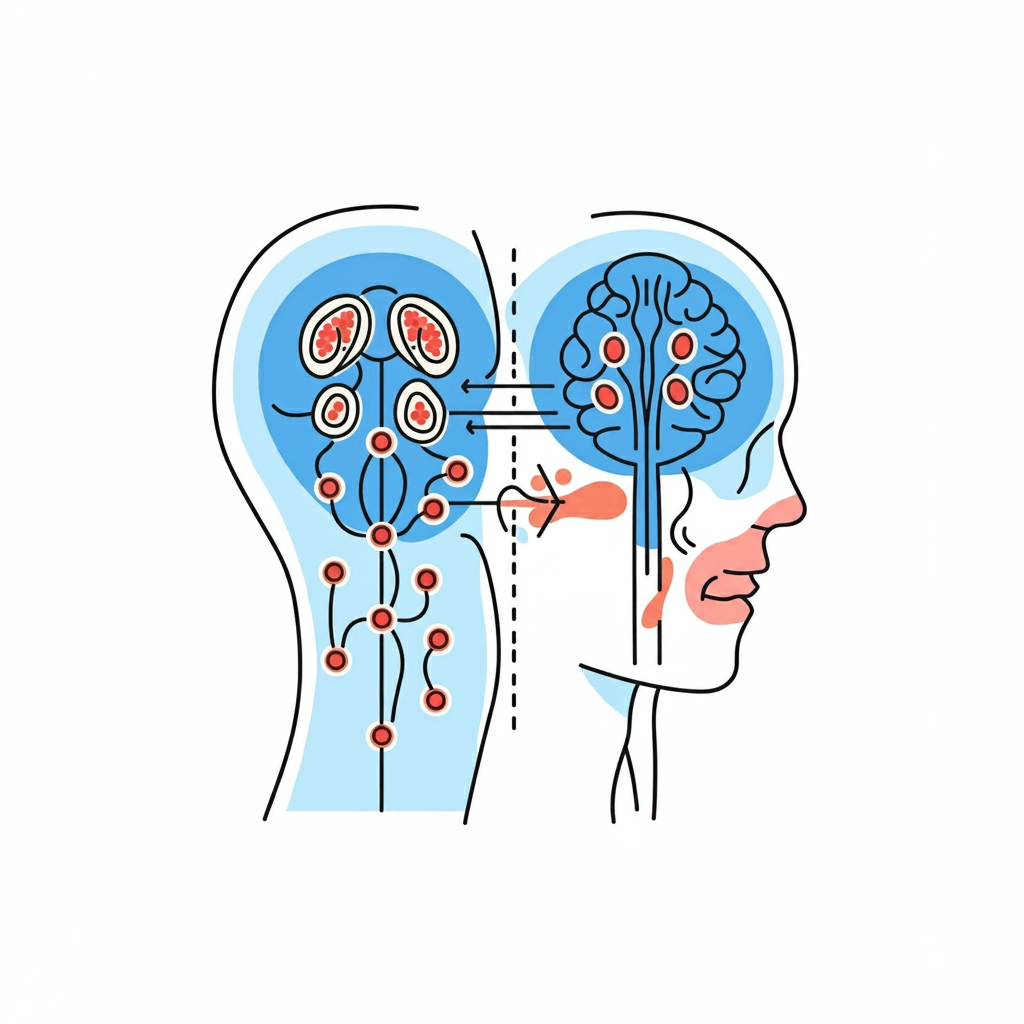
Common Symptoms:
Memory Impairment: Difficulty recalling recent events, names, or conversations.
Challenges with Learning and Following Conversations: Struggling to learn new information or follow complex conversations.
Reduced Attention Span: Difficulty concentrating or maintaining focus on tasks.
Mood Changes: Increased apathy, irritability, anxiety, or depression.
Mild Coordination Problems: Subtle changes in motor skills or coordination.
Impact on Daily Life:
Individuals in the early stage may still maintain a high degree of independence, but they may start to experience difficulties in work or social settings. They may have trouble completing tasks that were once routine or struggle to keep up with conversations.
Awareness and Planning:
Many individuals in the early stage are aware of their cognitive changes and may express concerns about their memory or thinking abilities. This awareness allows them to take proactive steps to plan for their future care needs, including legal and financial matters.
Middle Stage (Moderate Alzheimer's Disease)
The middle stage of Alzheimer's disease marks a significant decline in cognitive abilities and functional independence. This stage often lasts the longest and can be particularly challenging for both individuals with Alzheimer's and their caregivers.
Progressive Cognitive Decline:
Increased Memory Loss: Difficulty remembering past events, recognizing familiar faces, or recalling personal information.
Language Difficulties: Problems with word-finding, understanding complex sentences, or following conversations.
Disorientation: Confusion about time, place, and person.
Behavioral Changes: Increased agitation, restlessness, wandering, or paranoia.
Loss of Independence: Difficulty with daily activities such as dressing, bathing, and eating.
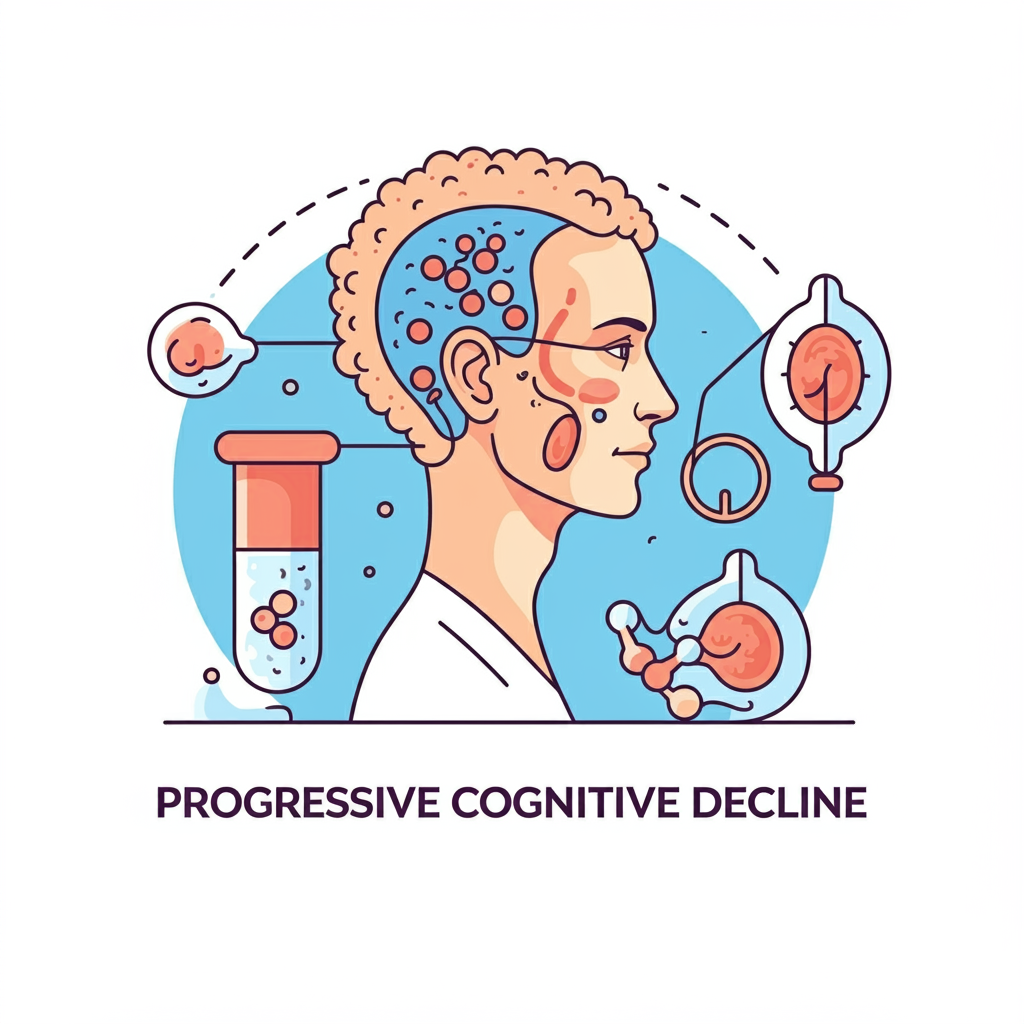
Caregiver Challenges:
The middle stage often requires increased caregiver involvement. Caregivers may need to provide assistance with daily tasks, manage behavioral changes, and ensure the individual's safety. This can be physically and emotionally demanding, and caregivers may need to seek support from family, friends, or community resources.
Long-Term Care Considerations:
As the individual's needs increase, families may need to consider long-term care options, such as assisted living facilities or memory care units. These facilities provide specialized care and support for individuals with Alzheimer's disease, ensuring their safety and well-being.
Late Stage (Severe Alzheimer's Disease)
The late stage of Alzheimer's disease is characterized by severe cognitive decline and a profound loss of independence. Individuals in this stage require extensive care and support.
Significant Impairment:
Severe Memory Loss: Inability to recognize loved ones or recall personal history.
Loss of Communication Skills: Difficulty understanding or expressing language.
Physical Decline: Loss of mobility, difficulty swallowing, and incontinence.
Increased Vulnerability: Susceptibility to infections and other health complications.
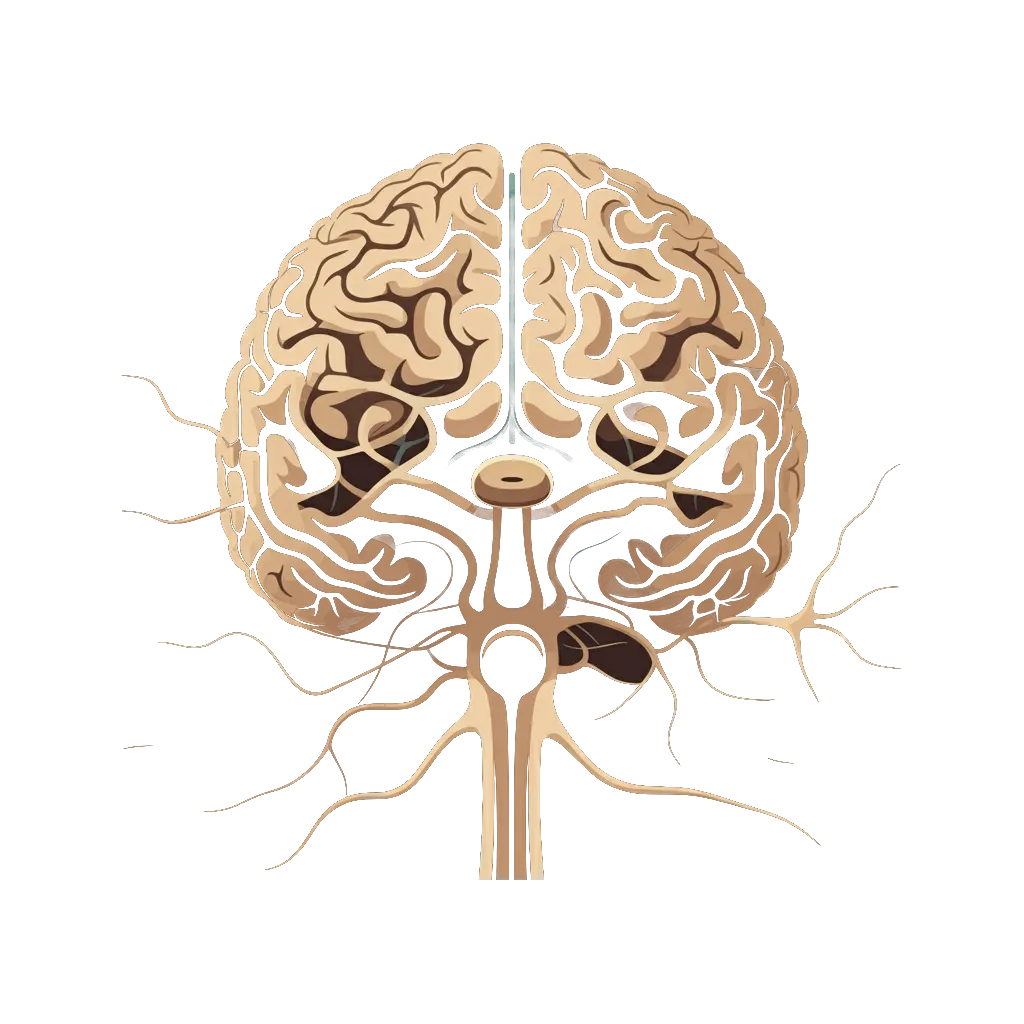
Caregiver Focus:
In the late stage, caregiving focuses on providing comfort, dignity, and quality of life. This may include assistance with basic needs such as eating, bathing, and toileting, as well as providing emotional support and companionship.
End-of-Life Care:
As the disease progress, end-of-life care becomes a priority. This involves providing palliative care to manage symptoms and ensure comfort, while also respecting the individual's wishes and preferences.
End-of-Life Considerations
In the final months of Alzheimer's disease, individuals experience further physical and mental decline. Caregivers and healthcare professionals focus on providing compassionate end-of-life care, ensuring comfort, dignity, and respect for the individual's wishes.
Supporting Caregivers:
Caring for someone with Alzheimer's disease can be emotionally and physically challenging, especially in the later stages. Caregivers need support and resources to cope with the demands of caregiving and to ensure their own well-being.
Palliative Care:
Palliative care aims to relieve pain and other distressing symptoms, providing comfort and support to both the individual and their family. It involves a holistic approach that addresses physical, emotional, and spiritual needs.
Respecting Individual Wishes:
Throughout the course of Alzheimer's disease, it is crucial to respect the individual's wishes and preferences, even when they can no longer express them verbally. Advance care planning, including the use of living wills and healthcare proxies, can help ensure that the individual's end-of-life wishes are honored.
Remember: Alzheimer's disease affects each individual differently, and the progression through these stages can vary. It is essential to seek support from healthcare professionals, community resources, and support groups to navigate the challenges of Alzheimer's care and provide the best possible care for your loved one.
Annie Ruth Statham I Care Memory Organization, Inc.
The Annie Ruth Statham I Care Memory Organization is a non-profit organization dedicated to improving the quality of life for seniors, particularly those affected by memory loss. Their mission is to strengthen the common good by providing a community activity center that focuses on:
Wellness: Promoting physical and mental well-being through activities and programs.
Economic Security: Offering resources and support to ensure financial stability.
Education: Providing information and training on memory care and related topics.
Integration: Fostering social connections and community involvement.
Social Development: Creating opportunities for personal growth and engagement.
Regional Planning: Collaborating with community partners to address the needs of seniors.
Community Funding: Securing resources to support the organization's programs and services.
For More Information
The Alzheimer's Association [of America] offers an excellent PDF with detailed information about memory care and related topics. This well-written resource can provide valuable insights and support for individuals and families affected by memory loss.
Want to work with us?
Strengthening the common good and improving lives, the Annie Ruth STATHAM I Care Memory Organization provides a community focused on wellness, economic security, and social development for seniors, memory care residents, veterans, and the disabled.
Copyright 2026. Annie Ruth Statham I Care Memory Orginaization, Inc.. All Rights Reserved.
+1 830-783-1130 | [email protected]
